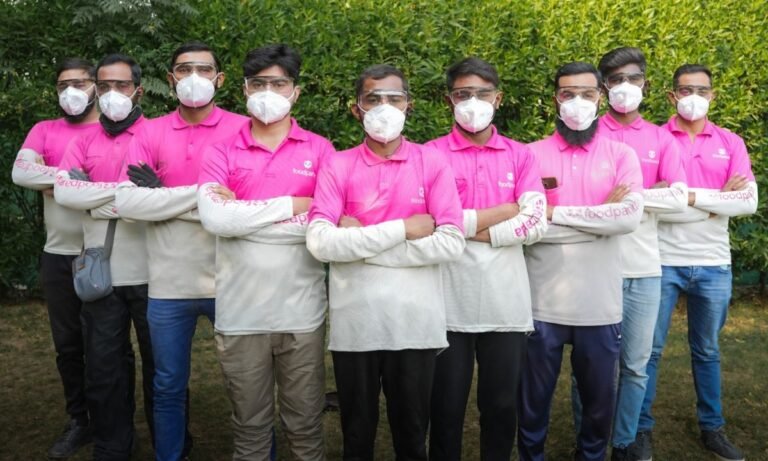This is good news for you if you are Pakistani female nurse and want to get job in Saudi Arabia.
Saudi Arabia has announced nursing jobs for Pakistani women who can join its expanding healthcare network, the Overseas Employment Corporation (OEC) confirmed.
The recruitment drive targets qualified nurses under the age of 40, holding a four-year Bachelor’s degree in Nursing (BScN, 16 years) or an equivalent qualification from a recognized institution.
How To Apply for Nursing Jobs in Saudi Arabia?
The process of applying for nursing jobs for Pakistani women is very simple. Interested applicants have been advised to apply online via the official OEC portal at https://oec.gov.pk/.
The application requires uploading a Rs1,000 bank challan generated during the online process. The OEC, a government body under Pakistan’s Ministry of Overseas Pakistanis and Human Resource Development, will facilitate candidate selection and documentation.
Read More: Jobs Portal: Pakistan, Saudi Arabia to sign deal
Applicants who have already passed the Prometric licensing examination will be given preference and directly shortlisted for interviews by the employer. The available position, designated as “special nurse,” offers a monthly salary of SAR 4,500 for a seven-day work week, with 12-hour daily shifts. Nurses opting for a six-day schedule will receive SAR 4,000 monthly.
Successful candidates will receive an economy-class air ticket from Pakistan to Jeddah at the start of employment, along with a return ticket at the end of their contract.
The package includes 21 days of paid annual leave, while nurses who renew their contracts will be granted a return ticket to Pakistan every two years.
The initiative is part of the Kingdom’s ongoing healthcare expansion under Vision 2030, which aims to strengthen medical services and attract skilled professionals from abroad. According to Saudi Arabia’s Ministry of Health, over 250 new hospitals and medical centers are scheduled to open by 2027, driving demand for trained nursing staff.
The role includes around five to six hours of direct patient care, while the remaining time is designated for on-call standby duties. The employer will provide free shared accommodation equipped with air-conditioning, basic furnishings, and attached washrooms. Daily transportation between the residence and workplace will also be provided at no cost.
Saudi Arabia remains one of the largest destinations for Pakistani healthcare professionals. According to Pakistan’s Bureau of Emigration and Overseas Employment, more than 13,000 Pakistani nurses and paramedics are currently employed in the Kingdom. In recent years, demand for female nurses has grown steadily, particularly in private hospitals and specialized care units catering to women and children.
The recruitment drive aligns with Saudi Arabia’s broader localization and workforce diversification strategy.
Under Vision 2030, the Kingdom is targeting a 40% increase in the number of foreign-trained medical personnel to meet the growing needs of its expanding healthcare infrastructure. According to the Saudi Ministry of Health’s 2024 report, the country’s healthcare workforce currently includes more than 185,000 foreign nurses, accounting for nearly 60% of its total nursing staff.
Pakistani authorities have welcomed the initiative as a step toward enhancing skilled labor mobility and women’s employment abroad. The OEC recently facilitated similar recruitment programs for female nurses in Bahrain, Qatar, and the United Arab Emirates. Remittances from Saudi Arabia remain Pakistan’s largest foreign inflow, reaching $7.5 billion in FY2024, according to the State Bank of Pakistan.
The Saudi government’s continued collaboration with Pakistan in healthcare recruitment reflects a stable labor partnership dating back to the 1970s. The latest opportunities offer competitive compensation, structured contracts, and improved working conditions, providing a new avenue for professional women seeking overseas employment.
Applications for Saudi nursing positions will remain open through the OEC portal until further notice, with screening and interviews expected to begin later this month. Successful candidates are likely to be deployed to hospitals in Jeddah, Riyadh, and Dammam by early 2026.
Saudi Arabia’s recruitment of Pakistani nurses underscores the Kingdom’s ongoing healthcare expansion drive and Pakistan’s growing role as a key provider of skilled medical professionals to the Gulf region.

